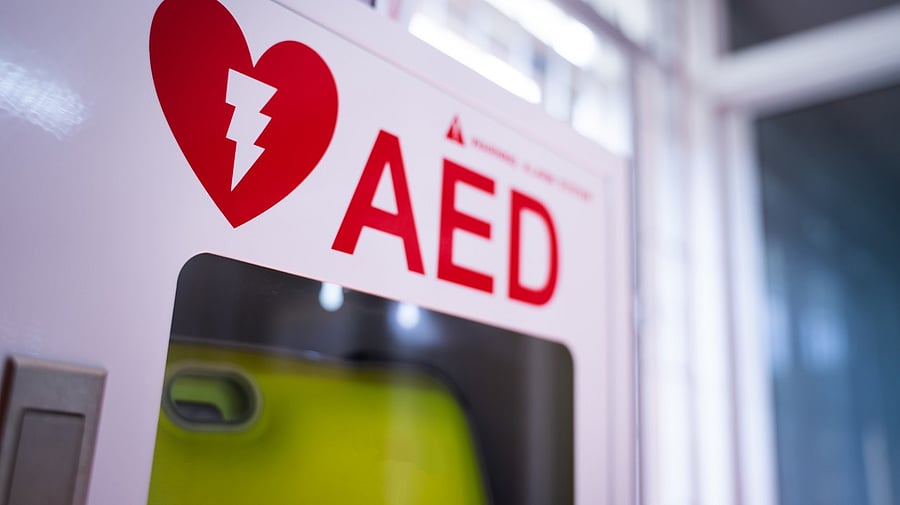
Automatic External Defibrillator.
Credit: iStock photo
Bengaluru: The Karnataka Health Department's plan to install Automatic External Defibrillators (AEDs) in public places has been delayed for over a year due to tendering issues.
Initial tenders in January 2024 resulted in only one qualified bidder with a high price quote, forcing the department to reissue the tender. A second attempt mid-year saw seven bidders, but again only one was technically qualified.
"The initial quote was very high, which delayed the process," a senior official said.
The department plans to issue a third tender this week, according to Dr GA Srinivasa, Deputy Director of the National Programme for Prevention and Control of Cancer, Diabetes, Cardiovascular Diseases and Stroke.
If successful, 37 AEDs will be installed in locations such as the Majestic bus station, KSR railway station, Vidhana Soudha, Vikasa Soudha, and 31 taluk hospitals.
The focus has shifted to government hospitals after officials realised many doctors lacked training on how to use the devices. Training sessions are planned once the AEDs are installed.
Concerns about trained personnel operating AEDs during emergencies have lingered since the launch of the Puneeth Rajkumar Hrudaya Jyothi scheme (formerly the ST-Elevation Myocardial Infarction (STEMI) management programme). The scheme, expanded in a hub-and-spoke model to cover 15 district and 71 taluk hospitals, provides rapid diagnosis and treatment for suspected heart attacks.
Between March 2023 and December 4, 2024, the scheme facilitated 4,14,310 ECGs in identifying 6,303 heart attack cases; 3,914 patients received angioplasty and stents, while 373 were treated with tenecteplase injections.
What's an AED?
An Automatic External Defibrillator (AED) is a portable medical device that is used to diagnose and treat sudden cardiac arrest (SCA). The AED analyses the heart's rhythm and, if necessary, delivers a controlled electric shock (defibrillation) to help restore a normal heart rhythm.